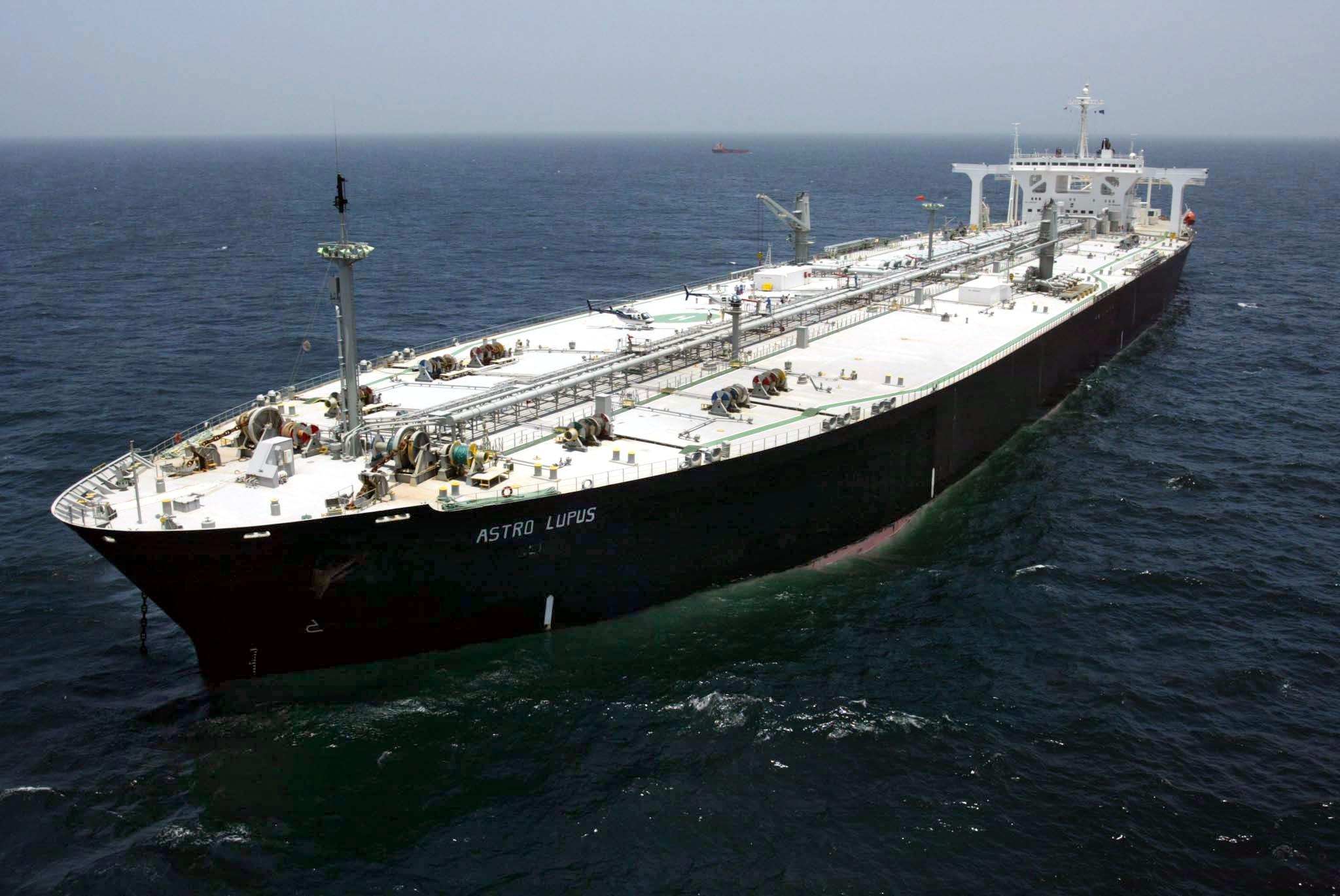From the frigid waters of Russia’s Baltic Sea to the Pacific shores of Vladivostok, dozens of tankers that previously moved Moscow’s oil are now sitting empty and idle.
The vessels have become inactive after being hit with US, UK and European sanctions that began ramping up in Oct. 2023. Some were targeted for breaching a Group of Seven price cap on Russian oil exports, others for belonging to the state tanker firm Sovcomflot PJSC. Another batch were designated for the environmental risk they pose.
The idle ships prove that the West has levers — if it chooses to pull them — that can disrupt the transportation of Russian oil. Almost all of the 53 ships that have been sanctioned since Oct. 2023 have failed to collect any cargoes since. Those few that have loaded then sought to hide their subsequent activities, resorting to turning off automatic tracking systems and switching cargoes from one ship to another while hidden from view.
However, the fact that freight rates — including the portion directly attributable to sanctions — are falling, is the critical evidence that sanctions are disrupting tankers but they aren’t really raising Russia’s costs for individual cargoes.
This story uses tanker tracking data compiled by Bloomberg to provide an explanation of the effect those sanctions have had so far.
The Sanctions
The first to act against the Russian oil tanker fleet was the US Treasury’s Office of Foreign Assets Control.
Its initial measures against individual ships were imposed back in October, with a further seven sanctioned by the end of that year. It sanctioned a further 32 this year but removed one from its list.
The first ones were targeted because they made use of US-based service providers while transporting oil of Russian origin that was sold at a price above the G-7 cap of $60 a barrel. Then, in February, shortly after the second anniversary of Moscow’s invasion of Ukraine, 14 more were designated for being owned by Sovcomflot.
The UK was next to step in, targeting four vessels on June 13 in a bid to curtail the activities of the so-called “shadow fleet” – a large group of tankers side-stepping sanctions by moving largely out of the orbit of Western jurisdictions.
This marked a change in the west’s tactics: ships were sanctioned for the first time explicitly for belonging to the shadow fleet.
The European Union was the last to act, sanctioning 13 oil ships less than…
Click Here to Read the Full Original Article at Fortune | FORTUNE…


